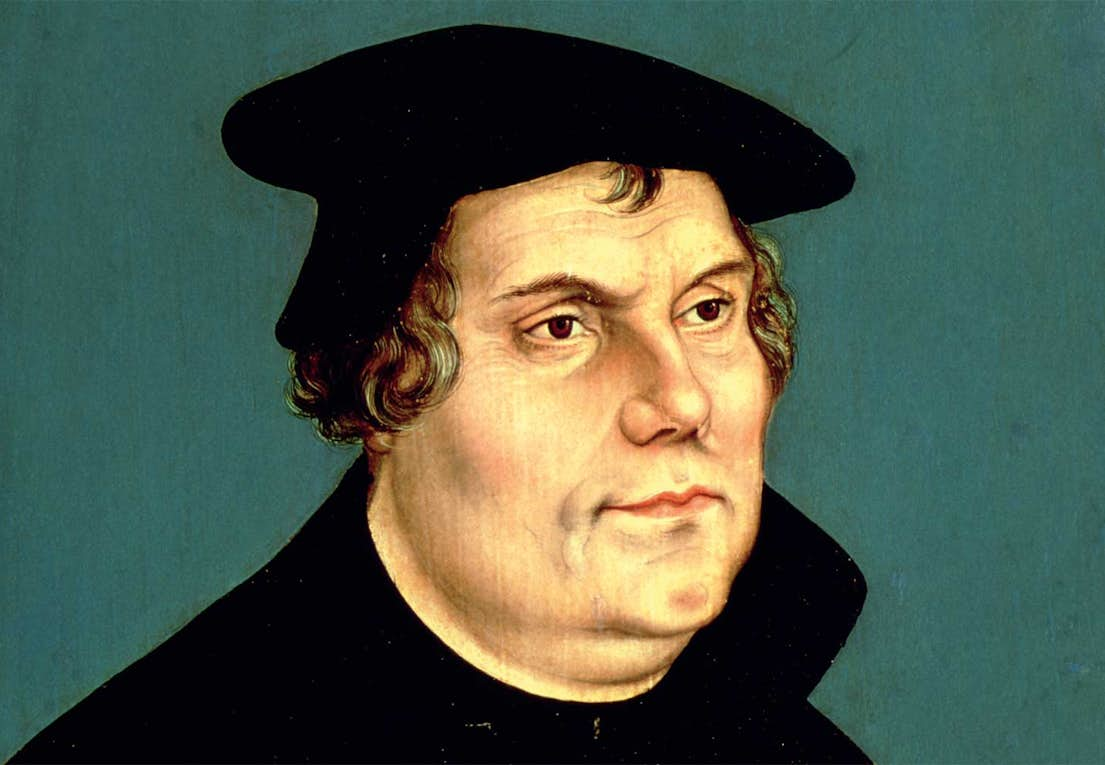Martin Luther was great.

Luther successfully campaigned against the Jews in Saxony, Brandenburg, and Silesia.
In August 1536 Luther's prince, Elector of Saxony John Frederick, issued a mandate that prohibited Jews from inhabiting, engaging in business in, or passing through his realm. An Alsatian shtadlan, Rabbi Josel of Rosheim, asked a reformer Wolfgang Capito to approach Luther in order to obtain an audience with the prince, but Luther refused every intercession.
In response to Josel, Luther referred to his unsuccessful attempts to convert the Jews: "... I would willingly do my best for your people but I will not contribute to your [Jewish] obstinacy by my own kind actions.
You must find another intermediary with my good lord."
Heiko Oberman notes this event as significant in Luther's attitude toward the Jews: "Even today this refusal is often judged to be the decisive turning point in Luther's career from friendliness to hostility toward the Jews."